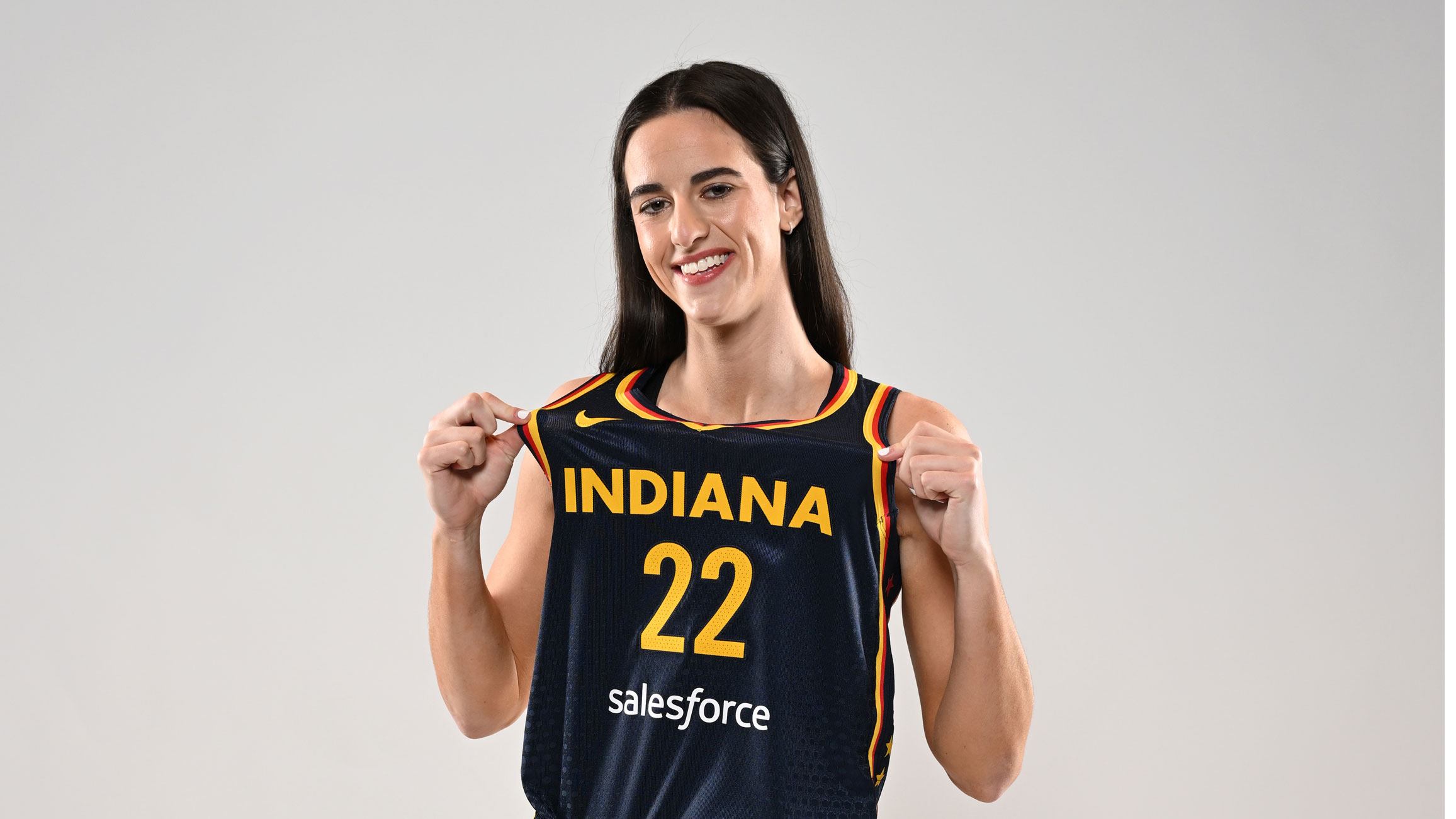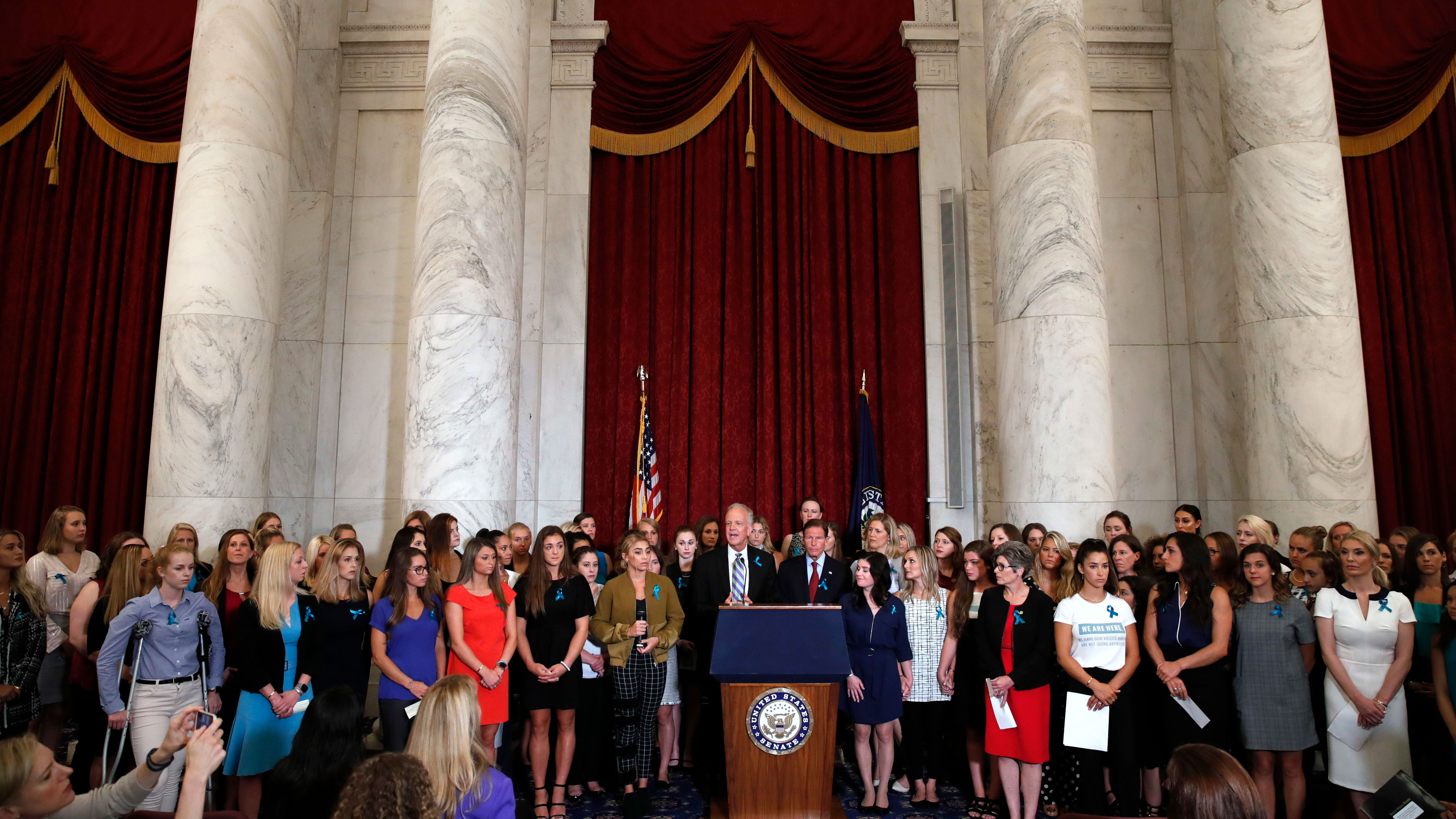
I'll be the first to admit that this is at least a day or two late. For practical reasons, I held off on writing a Temple-San Diego State recap until my emotions no longer clouded my judgment. A rant about what went wrong would have been just as unthoughtful as a gushing lovefest about "how hard those boys fought." Sometimes, it just takes a bit to put it all together, especially when you're discussing something as emotionally consuming as sport.
What you'll find below still isn't a recap. It's actually a lot more complicated. And, it is because it's complicated that I have devoted more than 140 characters to the topic's consideration.
Many, if not all of you, by now know that the Temple Owls were eliminated from the NCAA tournament on Saturday night following a double-overtime loss to the San Diego State Aztecs. During and following the game, Temple senior Lavoy Allen became and stayed a "trending topic" within the city of Philadelphia on Twitter. While some of the words were complimentary, many of them—the large majority, in fact—were not.
Stay in the game with the latest updates on your beloved Philadelphia sports teams! Sign up here for our All Access Daily newsletter.
This isn't really about the reductive qualities of (at maximum) a 140-character box, because I think those limitations are pretty self-explanatory. Instead, this is about what happens when we confuse what we want with what we think we're owed.
Over the course of the 2010-11 season, I have consistently heard the following two phrases more than any others from Temple coach Fran Dunphy:
- Well, I appreciate the question...
- I've said it before, and I'll say it again: I don't know where this program would be without Lavoy Allen.
With Lavoy's last game in a Temple jersey now played, we're somewhere around seven months from figuring out the latter. In the meantime, there are those observers who feel no need to wait.
News
Because I lack both the desire and the know-how to find all those uncomplimentary tweets, I'll sum up their general message. "Lavoy Allen let Temple down on Saturday. He let his coach down. He let his teammates down. He let his fans down. Lavoy Allen is no leader. In a word, Lavoy Allen...is soft."
Line by line, tweets poured in ripping him for his 12-point, 11-rebound performance. And, while "soft" was the word most often used, you can search your imagination for synonymous expletives, because they were typed, too.
The question I had then, and still have now, is simple—"Why?"
Lavoy Allen has hid under no rock. He's played in a total of 135 games in his college career, giving you 135 chances to get to know him as a basketball player. While he has indeed improved every year, he has also retained some of the limitations he possessed when he came to campus as a freshman. This can hardly be considered an anomaly in college athletics. In truth, it can hardly be considered an anomaly in professional athletics.
Here's a fair question: have I ever criticized Lavoy Allen? Yes. I've done it on multiple occasions for multiple reasons. I encourage you to click the "Temple University" tag and start digging for evidence. I've wanted him to put on weight. I've questioned his rationale for shooting from range. I, like those people on Twitter, have wanted to see a killer instinct. I've spent 135 games over the course of four years looking at a 6'10 monster and wanting him to act the frigging part.
When Michael Eric was lost to a season ending knee-injury more than a month ago, I finally got that Lavoy Allen. I got a Lavoy Allen who finished his college career with seven straight double-doubles. I got a Lavoy Allen who treated opposing defenders like a joke, and offensive rebounders like a waste of time. I got a Lavoy Allen that asserted his will not just because he could, but because his team needed him. There has always been potential in Lavoy Allen, and there remains still more untapped.
And that's the real issue: we have been left wanting so much more.
We've watched watched Lavoy Allen. We know what talent that lies beneath his friendly and, yes, even passive exterior. And, it is because that talent has been there the whole time that we wanted it all the time. Now, we won't even get it some of the time.
From here on out, I'll stop using "we" and switch to just "me." When he was here, I wanted more from Lavoy Allen. I wanted him to be great. I wanted him to reach his potential. I wanted him to dominate. I wanted him to grip the basketball, take two massive steps and assault the rim like it owed him money. But, when I'm really honest about it, more than anything else, it's that I wanted to watch him do it. I wanted to see him become the player I wanted him to be, and I wanted him to become that player when and where I could see it. I think that goes for all of us.
Sports fans are selfish by nature. We want people we've never met to justify our arbitrary decision to support them on our own terms.
Though I don't know Lavoy Allen, I've see him around quite a bit. I've passed him on the street. I've shook his hand. I've wished him "good luck." I've told him he "had a good game." I've begged him to "beat the Hawk." Hell, I've even participated in a snowball fight with him. But I don't know Lavoy Allen. And he doesn't know me. A great many of you don't know him either. And, more than likely, he doesn't know you.
Still, by the time you're done reading, I will have devoted more than 1,000 words to him. And 48 hours before I embarked on this endeavor, enough of you devoted at least 140 characters to expressing opinions of your own.
After 135 games spread out over four years, watching Lavoy Allen play basketball has taught me a lesson. We don't always get what we want, and we aren't owed it either. Lavoy Allen is the textbook definition of judging an athlete not for who he is, but for who we want him to be, and then confusing the two. We wanted him to be a killer; it was just never his style. Of course I wished for more both for and from Lavoy, but I feel damn privileged to have gotten what I received. I've seen four NCAA tournament appearances, three Atlantic 10 titles, two columns with double digits and one brand new all-time leading rebounder in my program's history. We just all fell into the trap of confusing who he was for what we wanted.
So, who was he? Lavoy Allen was one of the greatest Owls in a rich Temple history, and he could have been even better. Somewhere between his 1,421 points, 1,147 rebounds and 4,352 minutes played, that point got lost. I used to want more from him; now, I just want more of him.
Maybe I didn't need 1,188 words to sum up how I feel about Lavoy Allen; because, now that it's over, I don't even need 140 characters—just 47 will do. "Thank you, Lavoy, and good luck. I'll miss you."


